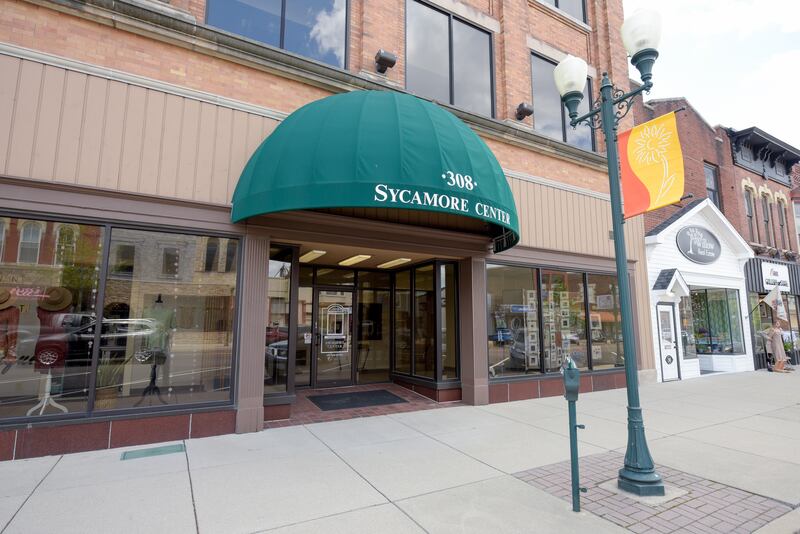SYCAMORE – Although Illinois’ statewide grocery tax is going away in January, Sycamore residents still could be expected to pay one.
The Sycamore City Council will consider a local 1% grocery tax, according to an agenda for Monday’s council meeting expected to begin at 6 p.m. at the City Center, 308 W. State St.
The grocery tax isn’t up for final vote Monday; city staff members are asking alderpersons for direction on whether to vote on a tax at a future meeting, documents show.
If the Sycamore City Council voted to approve what it calls a Municipal Grocery Retailers’ Occupation Tax, a 1% tax would be imposed on most grocery items bought within Sycamore city limits starting in January.
Residents will have a chance to weigh in on the proposed tax at Monday’s meeting.
Gov. JB Pritzker eliminated the 1% statewide tax on groceries, which is set to expire Jan. 1, 2026. Although Pritzker cited a desire to ease Illinoisans’ grocery bill burdens, some municipal leaders across the state have bemoaned the impact lost tax revenue will have on local budgets.
Conversations surrounding potential local grocery taxes have cropped up across DeKalb County and northern Illinois in recent weeks. Huntley, Batavia and Algonquin plan to enact a local tax.
Under Illinois law, municipalities can impose local grocery taxes without needing to go to referendum.
The city of DeKalb, the county’s largest municipality, has not yet made a decision on a grocery tax. Mayor Cohen Barnes has said that if the city doesn’t impose a tax, DeKalb could lose an estimated $800,000 in tax revenue.
The DeKalb County Board also is expected to vote on whether to impose a 1% grocery tax at its Wednesday meeting. That county tax would be on items bought only in unincorporated areas in the county. Some county officials have so far appeared to oppose a countywide tax.

:quality(70)/author-service-images-prod-us-east-1.publishing.aws.arc.pub/shawmedia/afeba7c5-6912-4fdf-967f-edcf9aadb18e.jpg)